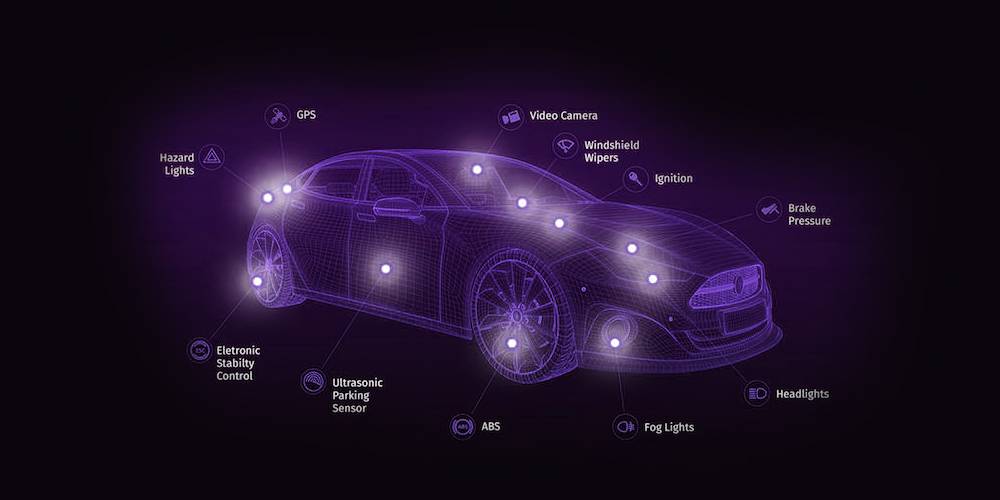Artificial Intelligence is the Next Age Driver for Automotive Industry

Written by Sharoon Emmanuel

Smart cars have been dominating tech-talks for quite a while now. The likes of Waymo and Tesla are heavily investing in driverless cars powered by artificial intelligence (AI). Transforming the automotive industry at scale, AI will enable autonomous vehicles to become mainstream. Moreover, AI will revolutionize the auto-manufacturing process to provide insights into what possible innovations can further augment the driving experience.
With so much more to offer, AI is destined to transform the automotive industry as we know of it. The value of AI in automotive and cloud services will exceed $10.73 billion by 2024 thus impacting automakers, vehicle owners and service providers at scale.
What The World Has to Say About Artificial Intelligence
A recent study by The McKinsey Global Institute revealed that robotics and AI technologies have evolved to the extent where they can automate at least 30 % of activities in about 60 % of occupations in both the U.S and Germany. Countries with high per-capita GDP will soon rely on integrating AI to drive productivity gains necessary to achieve GDP targets.
Also Read: - 10 Industries Where True Potential of Artificial Intelligence Lies
AI Deployments by OEM’s
Quality Control – Audi utilizes computer vision-equipped cameras to identify minute cracks in sheet metals that are not visible to human eyes.
Prototyping – For product design operations, General Motors uses machine learning.
Modeling & Simulation - Continental Tyres uses AI to gather 5,000 miles of virtual vehicle test data.
Sales & Marketing – Volkswagen uses ML to forecast sales of 250 car variants across 120 countries, using certain metrics.
Related: - Artificial Intelligence Companies in Dubai
Major Areas Where AI is Optimizing the Auto Manufacturing Process
Nearly every step of the manufacturing process can incorporate AI to understand the environment, evaluate data, draw conclusions and learn from experiences to attain continuous improvements.
Less Equipment Failure: -
To avoid machine failure at the automotive assembly line, AI-based algorithms can help detect anomalies, optimize maintenance, improve system performance and extend asset life. With robot-human collaboration will fully automatable enable yet simple operations can be achieved.
Better Quality Control: -
AI can help in inspecting painted car bodies, shape and deformities that may be missed by the human eye to improve the overall production processes.
Leaner Supply Chains: -
AI can enable accurate forecasting is critical to achieving supply and demand equilibrium. With fully automated self-adjusting systems, forecasting errors can be reduced by up to 50 %.
Smarter Project Management: -
To avoid unclear statuses of projects, inflating R&D costs, increased time-to-market, AI-based methodologies can improve prioritization and performance. With advanced analytics at hand, AI can streamline processes at scale enabling automation for business support functions.
Related: - Artificial Intelligence UAE
How AI is Paving the Way for Smart Car Manufacturers?
Gaining mass popularity, AI will revolutionize the automotive industry in near future. With key players like Tesla bringing autopilot enabled cars in the market and vehicle gathered data to be worth around $750 billion a year by 2030, seeing autonomous cars on road will soon be a reality. We at Bester Capital Media are experts in AI’s integration in vehicles, so if you’d like to discuss your next project, connect with us today.
Originally Published November 29, 2019 06:20 AM, Updated December 5, 2019.




